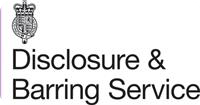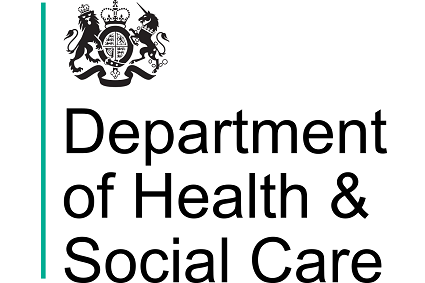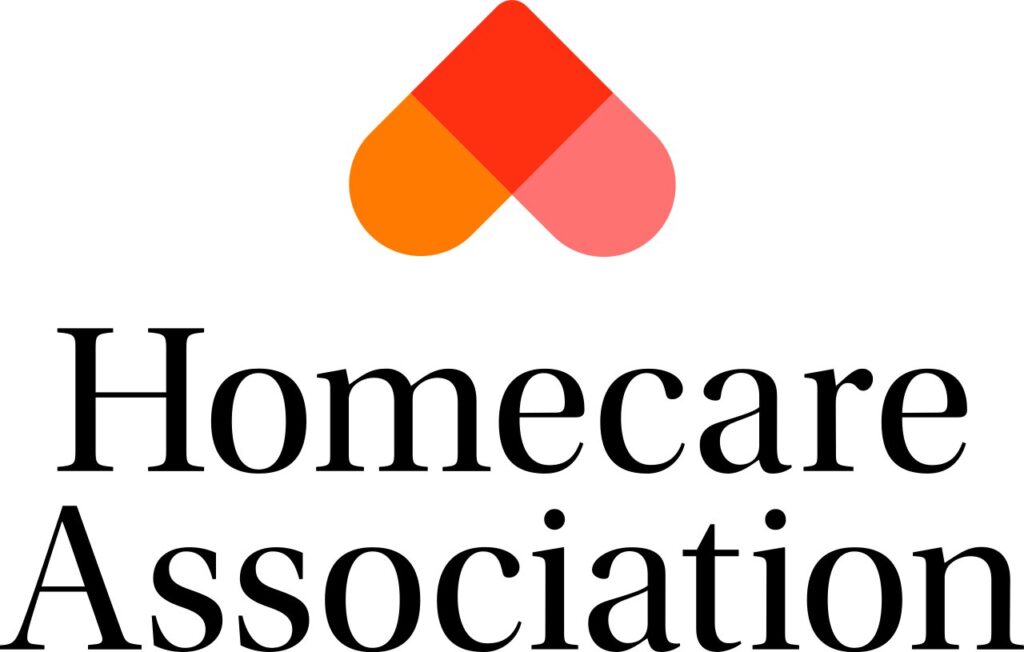What is domiciliary care?
Domiciliary care may be self-funded or state funded. State funding includes commissioning bodies either paying the homecare provider or providing Direct Payments to the Service Users enabling them to pay for the care of their choice. Domiciliary care agencies, such as J&K, provide care to children, young people, adults and older people with a variety of care and support needs. Many homecare providers specialise in the delivery of services to one of these age groups or to groups with care needs dictated by a specific disability or illness, e.g. learning disability, mental health diagnosis. Homecare is usually non-medical, although some Care Workers may be trained to undertake tasks such as peg feeding. J&K works in partnership with other Health & Social Care professionals, so an individual may receive personal and medical care at home through the co-ordinated services of, for example, Care Workers, District Nurses, and Occupational Therapists.



Homecare is also delivered by individuals’ families and friends on an unpaid and informal basis, although the range of care delivered and the time involved is often extensive.
While domiciliary care generally refers to care delivered in the home, Care Workers employed by J&K may also undertake duties outside a person’s home. These duties may include providing an escort for attending a hospital appointment, social event or shopping on behalf of, or with, a person we support.
Homecare should promote and develop the independence of the individual by encouraging them to do as much as possible for themselves and take part in social activities. There is a greater move towards personalisation, which gives greater choice and control to the person we support regarding their care delivery, rather than the prescriptive method of homecare where specific duties are undertaken by Care Workers at specific times. Domiciliary care agencies are required to follow stringent procedures when recruiting care staff and must provide appropriate training to ensure that staff can deliver care safely and effectively. J&K are inspected, monitored and regulated by the Care Quality Commission (CQC).
We also undertake our own quality assurance checks using methods such as staff supervision and appraisal, spot checks, training assessments, client satisfaction questionnaires, complaints and compliments, client forums, staff surveys, team meetings and feedback from other Health & Social Care professionals.
The people we support told us......




